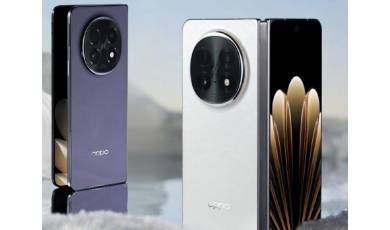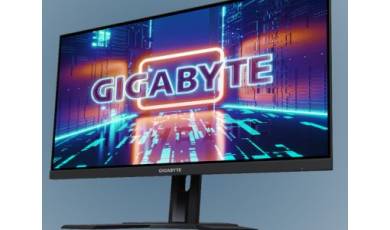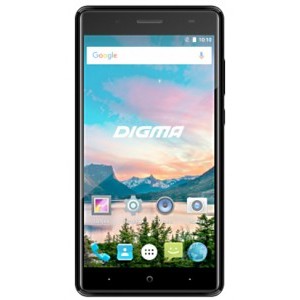Flash firmware on Digma HIT Q500 3G
Mobiles >> Digma >> Digma HIT Q500 3G| Specifications | Reviews | Secret codes |
| Unlock phone | Root phone |
| Backup | Flash Firmware | Screenshot |
How to flash Digma HIT Q500 3G?
Why reinstall the firmware?
The operating system keeps getting errors.
Some installed applications do not open.
Some applications from the Play Market do not start.
The phone restarts or shuts down randomly.
The phone is slow.
You want to update the firmware, as it does not suit you in terms of functionality.
Where can I find the firmware?
On the official Internet resource of the phone manufacturer.
On certain sites where developers post custom or official OS.
What should be done before installing the firmware?
Create a backup copy of user data, contacts and photos and transfer it to your computer.
Insert your SD card into your phone. It must have enough memory to fit the firmware.
Determine your smartphone model.
Fully charge your phone battery.
Find and download the archive with Firmware. And place it on the SD card.
Installing TWRP Recovery
Install the Official TWRP App from the Play Store on your phone.
When you start the application for the first time, you must consent to future manipulations, as well as consent to granting the application Superuser rights. Check the checkboxes and press the 'OK' button.
After moving to the next screen, select the 'TWRP FLASH' item and provide the application with root rights.
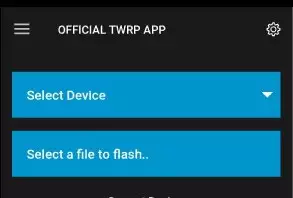
On the main screen of the application, click 'Select Device', and find your phone model.
After selecting a device, the application will direct the user to a web page to download the appropriate modified recovery environment image file. Download the suggested *.img file.
After downloading the image file, return to the main screen of the Official TWRP App and press the 'Select a file to flash' button. Then we tell the program the path where the file loaded in the previous step is located.
Press the 'FLASH TO RECOVERY' button and confirm your choice.
After the burn process is complete, the message 'Flash Completed Succsessfuly!' appears. Click 'OK'. The TWRP installation procedure can be considered complete..
Transfer the necessary files to the SD card. Using a PC or laptop card reader.
Insert a memory card into your phone.
To reboot into recovery, you need to enter the menu accessible by pressing the button with three stripes in the upper left corner of the main screen of the application. Select the 'Reboot' item, and then click on the 'REBOOT RECOVERY' button. The phone will reboot into the recovery environment automatically..
Firmware via TWRP
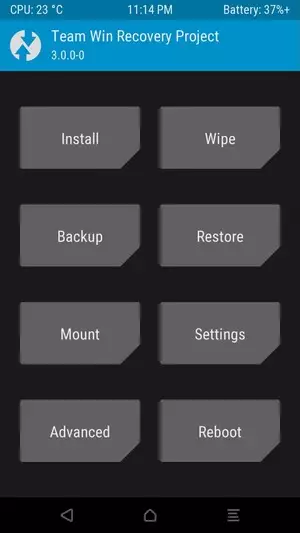
Before flashing, you need to clear the 'Cache' and 'Data' sections, press 'WIPE' on the main screen. This will delete all user data from the device, but avoid a wide range of software errors and other problems.
You can start flashing. Click the 'Install' button.
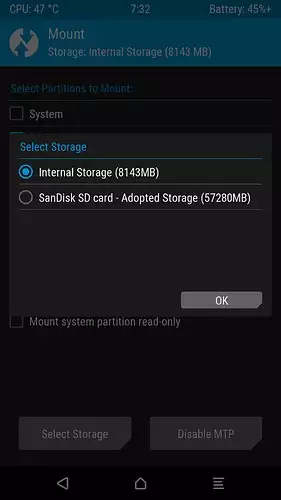
The file selection screen appears. At the very top there is a 'Storage' button for selecting an SD card.
Select the location where you copied the files. Press the OK button.
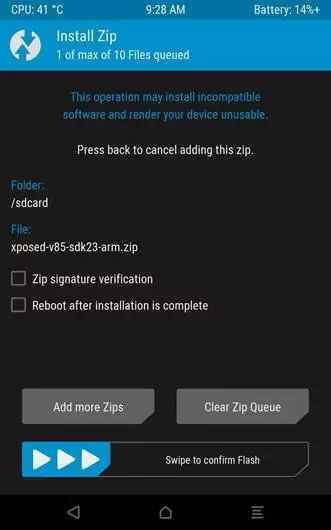
Select the firmware file and click on it. A screen opens with a warning about possible negative consequences, you need to check the item 'Zip signature verification', which will avoid using corrupted files when writing to the phone's memory sections.
The procedure for writing files to the device's memory will begin, accompanied by the appearance of inscriptions in the log field and the completion of the progress bar.
When the procedure for installing the firmware is completed, the message 'Successful' appears on the screen.
Summary: OS: Android 7.0 Nougat; Chipset: SpreadTrum SC7731C; CPU Speed: 1.3 GHz; GPU: ARM Mali-400 MP1; Primary display: TFT 5" 854 x 480 pixels 16M colors FWVGA, 196 ppi; Secondary display: No; RAM: 1 GB; Internal memory: 8 GB; Memory Card: MicroSD, Up to 32 GB; Primary camera: 5 MP 2592 x 1944 pixels LED flash Sensor type: CMOS, Autofocus, Continuous shooting, Digital zoom, Geotagging, Panorama, HDR, Touch focus, Face detection, White balance settings, ISO settings, Exposure compensation, Self-timer, Scene mode; Video: 640 x 480 pixels 480p@30fps; Secondary camera: 2 MP 1600 x 1200 pixels 480p@30fps; Headphone: Yes 3.5mm; WI-FI: Yes 802.11 b/g/n 1; NFC: No; GPS: Yes A-GPS; Bluetooth: No; HDMI: No ...
Comments, questions and answers on the flash firmware Digma HIT Q500 3G
Ask a question about Digma HIT Q500 3G


